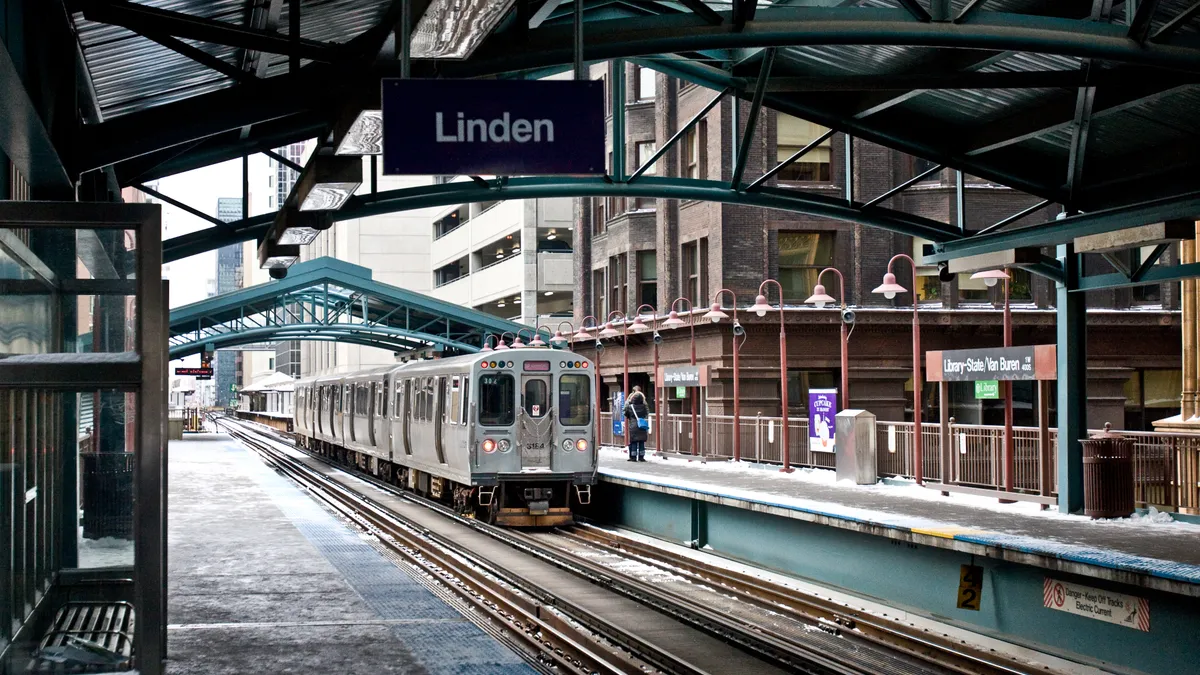The American Public Transportation Association (APTA) is urging Congress to provide an additional $23.8 billion in emergency funds to support public transit across the country.
Transit received $25 billion in initial funding through the $2 trillion Coronavirus Aid, Relief, and Economic Security (CARES) Act, but APTA and industry leaders are calling for more funds as public transit has seen an 86% decline in fare revenue over the past month due to reduced ridership amid stay-at-home orders.
The additional funds would help address the industry's $23.8 billion budget shortfall anticipated to last through the end of 2021, as the pandemic has dramatically increased operating costs and cut funding sources like fares, parking and other revenue. It has also cut sales, gas and other local and state tax revenues.
New York’s Metropolitan Transit Authority (MTA) is "hemorrhaging money" during the pandemic, MTA President of Construction and Development John Lieber said on an APTA press call.
"MTA has been sustaining an unprecedented loss of revenue so severe that it fundamentally threatens our existence and threatens the region’s viability," he said. "The MTA is going broke in an effort to help save New York."
The MTA, which has seen 100 employees die to the coronavirus to-date, previously carried about 40% of the country's transit riders — 9 million people — on an average weekday, according to Liber. He said they will need another $3.9 billion in 2020 to "fill the hole that COVID has blown in our budget."
"The MTA is going broke in an effort to help save New York."

John Lieber
President of Development and Construction, New York MTA
The Chicago Transit Authority (CTA), the country's second largest transit system, is facing similar woes. The CTA normally carries about 1.5 million people per day, but that number has dropped to somewhere between 275,000 and 300,000 since the pandemic began, according to CTA President Dorval Carter.
Carter said the CTA is losing about $1 million per day in fare box revenues, while also experiencing an anticipated $25 million increase in expenses for cleaning costs this year to keep the system safe for employees and the essential workers who rely on the service.
"We also do not anticipate that our ridership is going to rebound in the near future, possibly even for years," he said.
The CTA has also been forced to grapple with the deaths of four employees due to the coronavirus, in addition to over 200 confirmed cases among its 11,000 employees.
The rapid changes made within the transit industry to adapt to the coronavirus will have lasting impacts for years to come. Some of those changes have included subsidizing Uber and Lyft rides; installing "seat holders" to enforce social distancing; implementing a pre-screening program to ensure employees are healthy before each work day; and strategically adjusting routes.
To keep up with all of our coverage on how the new coronavirus is impacting U.S. cities, visit our daily tracker.












